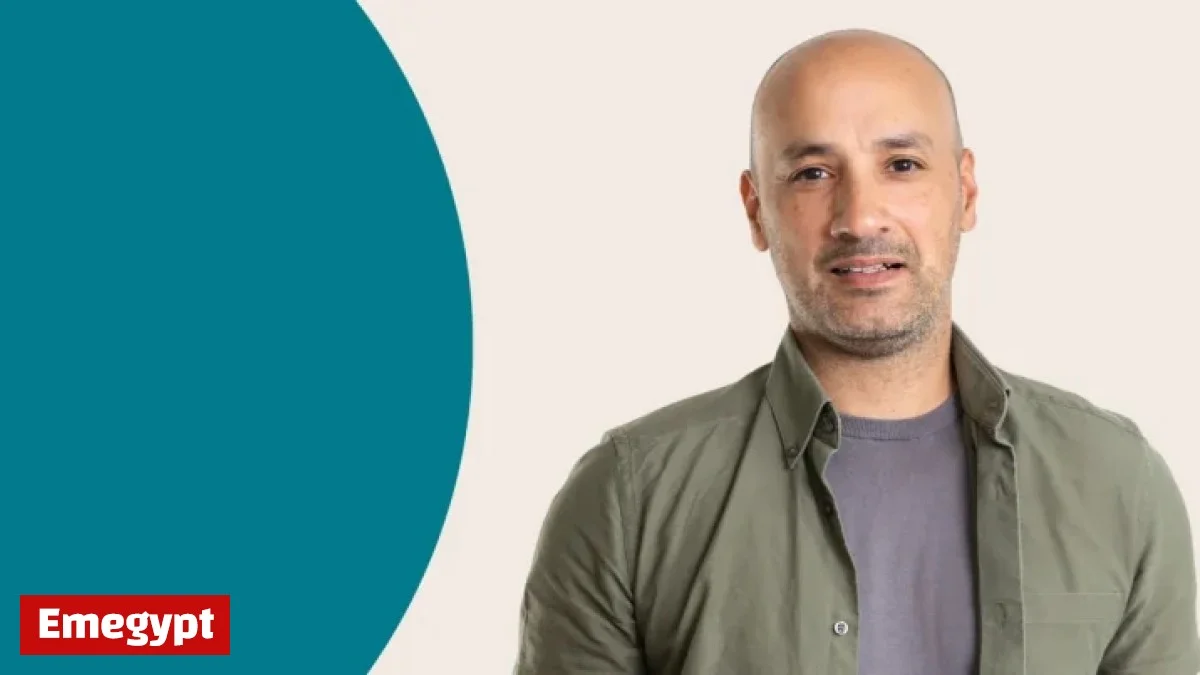
Shifting national politics may significantly shape London’s future, particularly as the UK approaches the 2029 general election. The current atmosphere is charged with rising farright ideologies, which, while not yet prevalent in London, pose a serious threat to its social fabric.
Current Landscape of London Politics
London is a diverse metropolis. Approximately 40% of its residents were born outside the UK. Additionally, nearly half (46%) of the population is Black or from minority ethnic backgrounds. This diversity offers some immunity against rightwing populism, which has gained traction in other parts of the country. Many Londoners do not feel ‘left behind’ as their counterparts do elsewhere.
Potential Electoral Shifts
However, as national sentiments evolve, local dynamics may change. Recent polling from YouGov indicates that Reform UK could secure victories in five specific London constituencies, notably Bexley, Bromley, and Havering. These areas traditionally lean Conservative and exhibit higher levels of home and car ownership.
- Bexley: Possibly a Reform UK stronghold.
- Bromley: Shows considerable support for Reform UK.
- Havering: Similar trends observed.
- Redbridge: Projected to experience a marginal victory for Reform UK.
The Rise of RightWing Ideologies
Social media platforms also play a crucial role in this political landscape. London’s online discourse, particularly on platforms like Twitter, has become a focal point for rightwing narratives surrounding crime and multiculturalism. These narratives can shift public perceptions and settle into the political mainstream.
Impact on Immigration Policies
As political dynamics evolve, immigration remains a contentious issue. Current proposals from Reform UK include plans to dismantle existing Indefinite Leave to Remain statuses for migrants. Such measures could affect hundreds of thousands, creating widespread instability and fear.
Deportation Policies
Proposals aiming to heighten deportation efforts could instigate panic among immigrant communities. The Conservative Party has suggested enhancing a removals force, potentially increasing deportations significantly. This has created anxiety among migrants regarding their legal status.
Impact of National Events
Recent global events, including conflicts in the Middle East, have exacerbated rising antisemitism and Islamophobia, which a rightwing government might exploit to enforce stricter immigration controls. Resistance has emerged in London, where community solidarity has historically mobilized against such challenges.
Environmental Policies and Populism
In addition to immigration, opposition to environmental initiatives is gaining traction among populist factions. Discussions surrounding London’s Ultra Low Emission Zone (ULEZ), aimed at reducing pollution, have led to growing dissent among rightwing groups.
Future Strategies for Civil Society
In light of these potential changes, civil society organizations must advocate for vulnerable populations. Collaborating with local leaders, charities, and businesses can amplify economic arguments against divisive policies. Constructing coalitions across various sectors—faith groups, unions, and universities—can bolster community resilience.
Preparing for Possible Outcomes
The coming years will require communities to band together to counteract the negative impacts of shifting political attitudes. Historical examples from cities such as Chicago demonstrate the power of solidarity against authoritarianism.
As Londoners navigate these challenges, safeguarding the city’s inclusive values will be crucial. The next steps in the coming years will shape not only political outcomes but the very essence of London itself.
